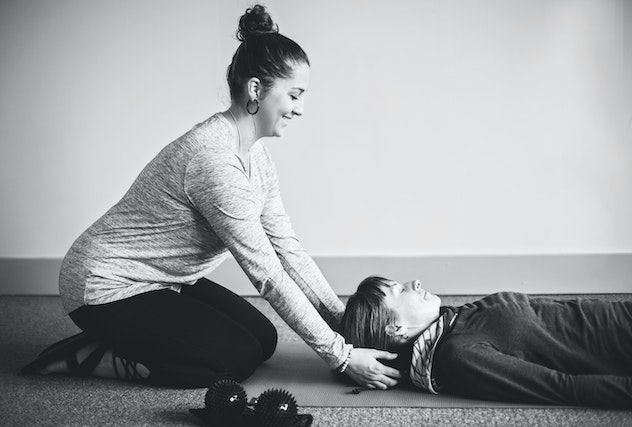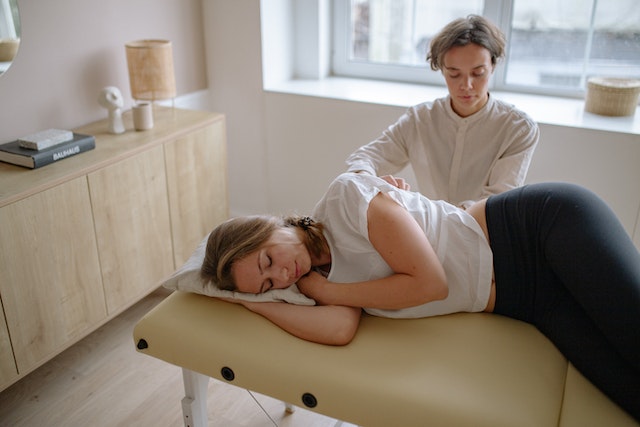Physiotherapy plays a vital role in aged care, significantly enhancing the quality of life for seniors by addressing the physical challenges associated with aging. As the global population ages, the demand for effective and compassionate care solutions increases, and physiotherapy has emerged as a key component in managing age-related conditions. This article explores the importance of physiotherapy in aged care, the specific benefits it offers, and the ways it can be integrated into senior care programs to promote health, mobility, and independence.
Aging brings about various physical changes that can impact mobility, strength, balance, and overall functional capacity. Conditions such as arthritis, osteoporosis, and chronic pain are common among the elderly and can significantly reduce their quality of life.NDIS greensborough physiotherapy addresses these issues through targeted exercises, manual therapy, and education, aiming to alleviate pain, improve mobility, and enhance overall physical well-being. By maintaining and improving physical function, physiotherapy helps seniors remain active and engaged in their daily activities.

One of the primary benefits of physiotherapy in aged care is the prevention and management of falls. Falls are a major concern for the elderly, often leading to serious injuries such as fractures and head trauma. Physiotherapists assess individual risk factors for falls, such as muscle weakness, poor balance, and impaired gait. They then design personalized exercise programs to strengthen muscles, improve balance, and enhance coordination. These interventions not only reduce the risk of falls but also boost confidence and independence, allowing seniors to move more freely and safely.
Pain management is another critical aspect of physiotherapy in aged care. Chronic pain, often resulting from conditions like arthritis or back pain, can severely impact a senior’s ability to perform everyday tasks and diminish their overall quality of life. By reducing pain levels, physiotherapy enables seniors to participate more actively in their lives, improving their mood and emotional well-being.

Physiotherapy also plays a significant role in post-surgical rehabilitation for seniors. Many elderly individuals undergo surgeries such as hip or knee replacements, which require specialized care to ensure successful recovery. Physiotherapists develop individualized rehabilitation programs to restore strength, flexibility, and function following surgery. These programs often include exercises to improve joint mobility, strengthen surrounding muscles, and enhance overall physical fitness. Effective rehabilitation helps seniors regain their independence more quickly and reduces the likelihood of complications or re-injury.
Respiratory conditions are common among the elderly, and physiotherapy can be instrumental in managing these issues. Techniques such as breathing exercises, chest physiotherapy, and aerobic conditioning are used to improve lung function, enhance respiratory efficiency, and reduce symptoms of conditions like chronic obstructive pulmonary disease (COPD). By maintaining optimal respiratory health, physiotherapy contributes to better overall health and reduces the risk of hospitalization for respiratory complications.
In addition to physical benefits, physiotherapy provides significant psychological and social advantages for seniors. Engaging in regular physical activity and achieving functional improvements can boost self-esteem and combat feelings of depression and anxiety often associated with aging and physical decline. Group physiotherapy sessions, where seniors exercise together, can foster social connections and reduce feelings of isolation. The sense of community and support in these settings can have a profound positive impact on mental health and well-being.
















